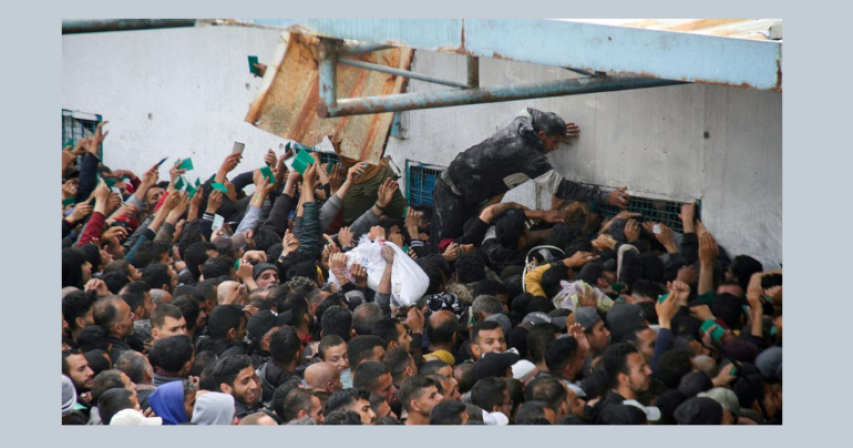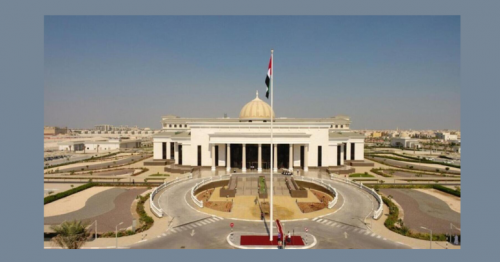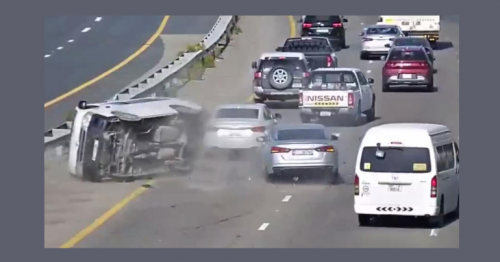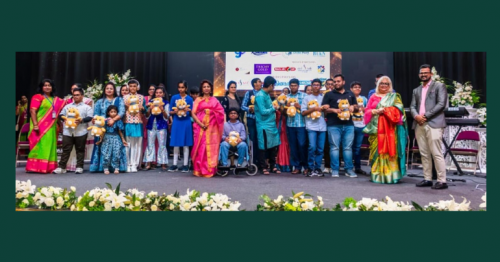Gaza's Hungry Turn to Wild Plants Amid Deepening Aid Crisis

In Gaza, where the specter of famine looms large and aid delivery remains uncertain, desperate civilians are resorting to foraging for a wild green plant known as Khobiza to stave off hunger. This dire situation underscores the ongoing suffering in the Palestinian enclave, exacerbated by months of conflict and a deepening humanitarian crisis.
The UN Security Council's call for an immediate ceasefire in Gaza has brought attention to the plight of its starving population, who are facing a dire shortage of food and resources. With little aid relief in sight, Palestinians are left with no choice but to scavenge for Khobiza, a wild plant, for sustenance.
The recent escalation of violence in Gaza, which erupted following an attack by Hamas militants on Israel, has exacerbated an already dire situation. Israeli airstrikes and shelling have taken a heavy toll on Gaza's civilian population, resulting in widespread devastation and loss of life.
Maryam Al Attar, a Palestinian woman, reflects the anguish felt by many as she struggles to feed her family amidst the scarcity of basic necessities. "All our lives — even through (previous) wars — we have not eaten Khobiza," she laments. "My daughters tell me, 'We want to eat bread, mother.' My heart breaks for them."
The desperation is palpable as Palestinians grapple with hunger during the holy month of Ramadan, traditionally a time of communal feasting and celebration. Instead, they endure empty stomachs and the torment of fasting without adequate sustenance.
Umm Mohamed, another resident, expresses the profound impact of hunger on daily life. "We have been consumed by hunger. We have nothing to eat. We crave vegetables, fish, and meat," she says. "There is nothing to help the body resist."
The situation is dire, with famine predicted to strike northern Gaza by May and potentially spread throughout the enclave by July, according to the Integrated Food-Security Phase Classification (IPC). Amidst this impending crisis, the reliance on Khobiza for survival provides only temporary relief, heightening fears of widespread starvation.
Compounding the humanitarian catastrophe is the uncertainty surrounding aid delivery, exacerbated by political tensions and the breakdown of cooperation between Israel and relief agencies. Israel's decision to cease collaboration with the UN Relief and Works Agency further exacerbates the challenges faced by Gaza's vulnerable population.
As mediators work to broker a ceasefire and facilitate the release of hostages, the urgency of addressing Gaza's humanitarian crisis cannot be overstated. Immediate action is needed to avert a looming catastrophe and provide essential aid to Gaza's starving population, ensuring that families like Maryam Al Attar's no longer have to endure the agony of hunger amidst conflict and uncertainty.
By: Sahiba Suri





Comments